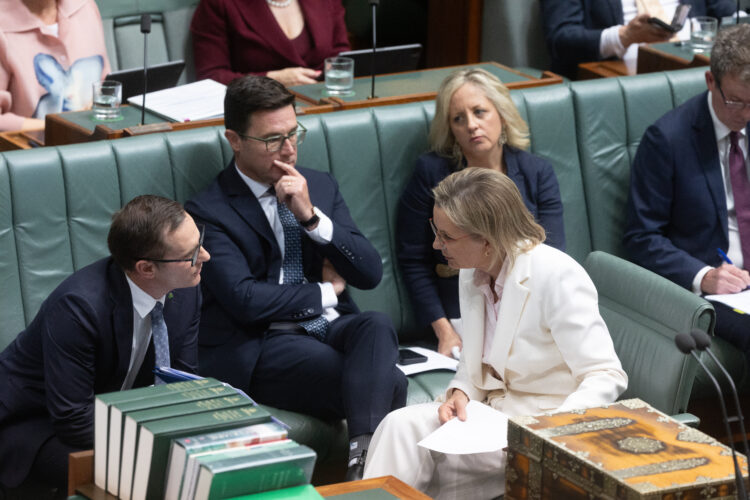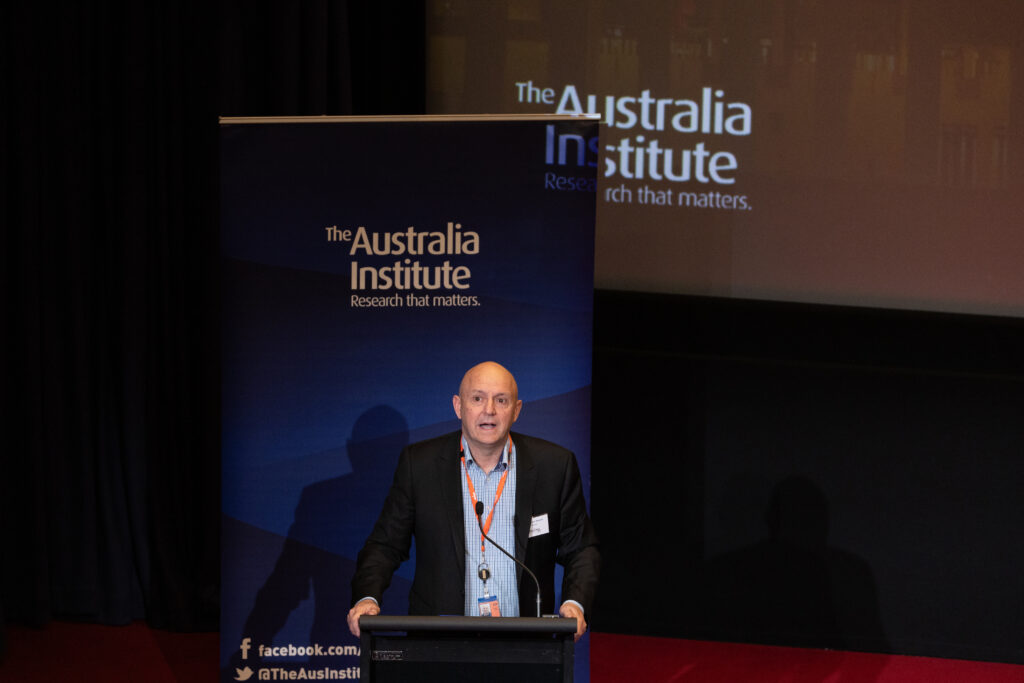It’s a bit of a long one from the treasurer’s office today, which tells you there is a bit more than usual going on behind these numbers:
New figures from the ABS show that underlying inflation was at the top of the target band in the September quarter.
This means underlying inflation has now been between two and three per cent for three consecutive quarters.
While headline inflation increased last quarter, this was largely as a result of the end of state energy rebates, and it remains much lower than its peak.
Inflation has ticked up today, but it’s much lower than what we inherited, and that reflects the substantial progress we’ve made together in our economy.
When we came to office, inflation was high and rising rapidly – now it’s much lower.
Underlying inflation was almost five per cent when we came to office. It was 3.0 per cent through the year to the September quarter.
When we came to office, headline inflation was 6.1 per cent and climbing – now it’s about half of that.
Headline inflation was 3.2 per cent through the year to the September quarter.
While monthly headline inflation did tick up to 3.5 per cent, the Annual Trimmed Mean measure was in the band for the tenth consecutive month at 2.8 per cent.
The progress we’ve made on inflation has given the Reserve Bank confidence to cut rates three times this year.
The global economy is volatile and uncertain and that impacts inflation in economies around the world.
Inflation has ticked up in the most recent data for every major advanced economy, except the United Kingdom where it was flat but remains much higher than here.
We’ve also seen core inflation tick up in the Euro area.
Our policies including energy rebates, cheaper child care and our back to back boosts to Commonwealth Rent Assistance have helped to directly reduce inflation when it was at its peak, to allow time for the structural drivers of inflation to settle and for underlying inflation to return to the RBA’s target band.
Since Labor was elected, inflation is down, debt is down, real wages are growing, unemployment is low, and interest rates have fallen.
While we’ve made good progress on the economy together, we recognise the job is far from over because people are still under pressure, which is why we’re continuing to roll out responsible cost of living relief including tax cuts for every taxpayer, slashing student debt, cheaper medicines and more bulk billing.
Labor’s economic plan is all about helping with the cost of living at the same time as we modernise Australia’s economy to boost living standards.
We know the best way to improve living standards is to make our economy more productive and resilient and our budget more sustainable and that’s our focus.




Comments
Start the conversation